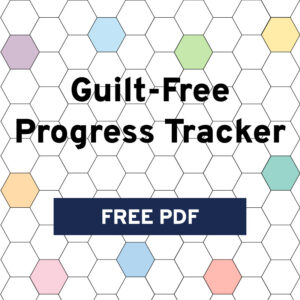
Guilt-Free Progress Tracker for AuDHDers
I used to use habit trackers and star charts extensively, but if I ever missed a day it would cause me to completely break the entire habit, so I made a new solution.

I used to use habit trackers and star charts extensively, but if I ever missed a day it would cause me to completely break the entire habit, so I made a new solution.

How to approach the “I’m Autistic” conversation so it goes better, and coping when it doesn’t.

Healing communication wounds with new experiences is a gradual process.

Why thank you notes work might surprise you. Rather than relics of the past, these tools still serve an important purpose.

When going through a tough time, it’s easy to feel like it’s the end of everything, but this isn’t the end of your story.

I occasionally ask about physical sensations when coaching, and there’s a very specific reason for that. Here’s how simply asking starts to build self-trust.
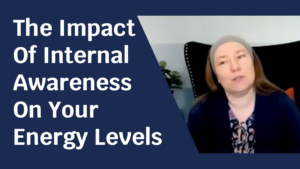
Here’s an explanation on how being aware of your body’s signals helps you manage your energy.
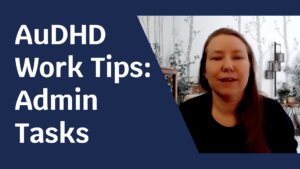
A couple of ideas on ways to make your work more manageable through different resources.
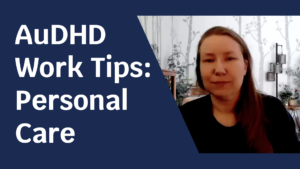
Here’s a couple tips for different things you can do to help make working work better for you.
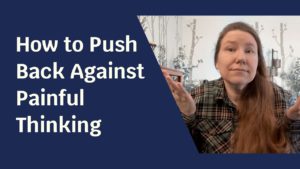
Here’s an example of how questioning painful thinking can push back against our internalized, negative and painful thought patterns, and give us back energy.
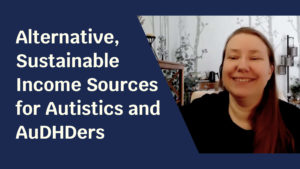
How to generate ideas for work that you actually like, tips for making it work with your AuDHD brain, and be sustainable. Plus practical tips especially for self-employment.
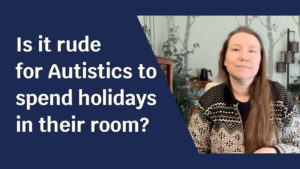
Is it rude for Autistics to spend holiday gatherings in their room, or opt out, instead of with the family? Is it promoting bad behavior? And how do you explain it to family members?